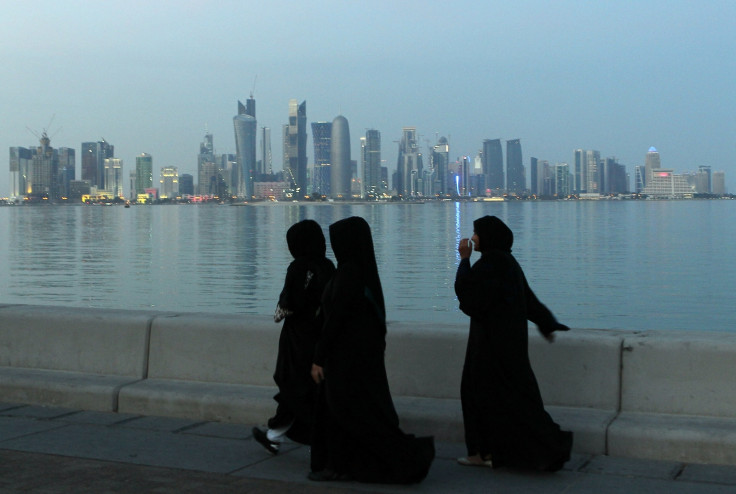Qatari diplomatic row rattles oil market for second successive session
Brent, WTI slide further as Doha calls for dialogue with irate neighbouring countries.
Decision by several Saudi-led Middle Eastern nations to sever ties with Qatar sent oil futures lower for a second successive session on Tuesday (6 June), as fears of the row escalating to the point of Opec discord dented market confidence.
At 1:44pm BST, the Brent front month futures contract for August delivery was down 0.53% or 26 cents to $49.21 per barrel, with the global proxy benchmark having breached the psychological $50-level overnight. Concurrently, the West Texas Intermediate for July delivery slipped another 0.46% or 22 cents to $47.18 per barrel.
On Monday, several Arab nations led by Saudi Arabia cut diplomatic ties with Qatar accusing it of "adopting various terrorist and sectarian groups aimed at destabilising the region including the Muslim Brotherhood Group, Daesh (ISIS) and Al-Qaeda."
Apart from Saudi Arabia, Bahrain, United Arab Emirates (UAE), Libya, Yemen and Maldives have also cut diplomatic ties, with oil market worried about discord between Saudi Arabia, UAE and Qatar disrupting harmony among producers at Opec. Qatar is also one of the world's leading exporters of liquefied natural gas (LNG).
On 25 May, Opec agreed with 10 non-Opec producers to extending their joint oil production cut of 1.8 million per day (bpd) to March 2018 in a bid to support the oil market. Doha has refrained from reciprocal measures and called on Riyadh to participate in dialogue.

FXTM research analyst Lukman Otunuga said the ongoing weakness seen in oil prices continues to highlight how oversupply woes in the market have hindered investor attraction towards the commodity.
"The (low) potential threat of Qatar going against the production quota could entice other Opec members to also defy the conditions of the agreement consequently pressuring oil markets further. From a technical standpoint, WTI crude is heavily bearish on the daily charts. A breakdown below $47 should encourage a further decline towards $46."
However, analysts at Vienna-based JBC Energy said market participants should hold their nerve for the moment. "We do not see too much cause for concern at this point regarding potential risk to the Opec-led supply accord currently in effect, and in terms of actual physical market impact, the current situation probably carries the biggest potential impact for LNG prices."
According to Reuters, spot LNG assessments remain largely unaffected so far, with Qatar having reportedly offered reassurances to major buyers in Asia that deliveries will not be impacted.
"Piped gas flows out of Qatar into neighbouring countries have so far not been impacted, though any disturbance here has the potential to provide support to prices. A milder degree of support could occur if Qatar opts to redirect LNG cargoes earmarked for the UAE or Egypt," JBC analysts concluded.
© Copyright IBTimes 2025. All rights reserved.






















